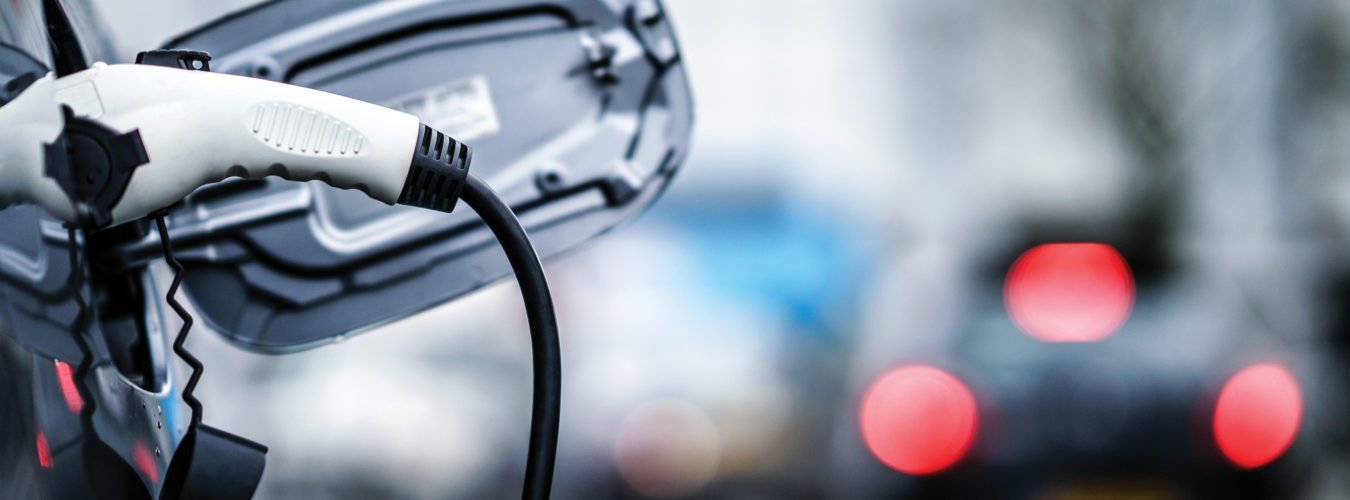Salary sacrifice schemes (where some of an employee’s pre-tax annual salary is given up in return for a benefit like a company car) are used by many employers to help incentivise and retain staff.
This benefits employees by reducing their income tax and national insurance contributions (NIC), as well as lowering employer’s NIC.
However, rule changes introduced in 2017 meant that employees using some former salary sacrifice schemes (including those involving cars) were required to pay income tax and NIC on their benefits. These have had to be recorded on their P11D forms in line with other flexible benefit packages.
So, what’s the situation with increasingly popular electric cars?
Nuances of the tax treatment of electric cars
Unlike other so-called benefits-in-kind, the income tax charge for cars with emissions of less than 50g/km isn’t based on the salary given up. Instead, it’s based on a set percentage of the list price defined by HMRC and the higher the CO2 emissions of the car, the larger the percentage. For cars with emissions of less than 50g/km, this is 2% of the list price for 2022/23.
The employer still benefits from NIC savings in that they don’t pay class 1 NIC on the foregone salary. Instead, they pay class 1A NIC on the lower benefit-in-kind amount.
These tax benefits apply to employees. For directors receiving a small salary up to their income tax personal allowance, this type of salary sacrifice arrangement wouldn’t bring tax benefits.
An example
For 2022/23, here’s how it might work
| Employee’s annual salary | £42,000 |
| Electric company car list price | £38,000 |
| Amount foregone through salary sacrifice scheme for an electric car | £250 per month |
An employee who is a basic rate taxpayer will save:
| Tax at 20% on salary foregone (£3,000) | £600 |
| NIC at 13.25% on salary foregone (£3,000) | £398 |
| Less benefit-in-kind of £38,000 at 2% (taxed at 20%) | £152 |
| Total | £846 |
The employer also saves NIC based on the difference between the amount sacrificed and the benefit in kind.
| Employers NIC saved at 15.05% x £3000 | £451.50 |
| Less employer’s NIC on benefit in kind at 15.05% | £114.00 |
| Net saving for the employer | £337.50 |
Other considerations
It’s also worth bearing in mind that that benefit-in-kind rates may change in future years and that making changes to a salary sacrifice arrangement will also warrant updating the terms of the employee’s employment contract.
Please speak with your usual Shipleys contact if you would like more information.
Specific advice should be obtained before taking action, or refraining from taking action, in relation to this summary.
Copyright © Shipleys LLP 2022












